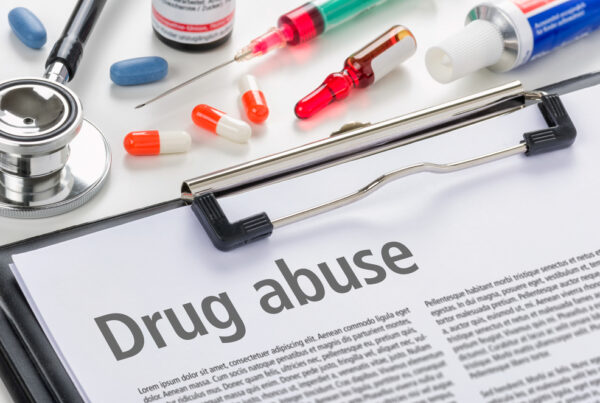A certified addiction specialist is a mental health professional that provides supportive services to individuals recovering from substance use disorder. Most mental health providers are required to hold degrees in higher education, are required to pass certain certification tests, and many receive relevant mental health accreditations. Certifications are earned through programs or services that may be based within or associated with a healthcare organization. An individual must earn a passing score on the National Clinical Mental Health Counseling Examination (NCMHCE) to become certified in mental health. Accreditations can be earned by an entire health care organization (e.g., hospitals, nursing homes, etc.). Both certification and accreditation require an evaluation by The Joint Commission. Although certified addiction specialists are commonly referred to as addiction counselors, they do not necessarily need to complete the same mental health counseling requirements. The certified addiction specialist (CAS) credential, according to the American Academy of Health Care Providers in the Addictive Disorders is a “clinical certification based upon experience providing treatment under the direction of a qualified clinical supervisor, specialized training, and a written examination.” The National Certification Commission for Addiction Professionals (NAADAC) offers three different types of addiction counselor certifications:
- National Certified Addiction Counselor, Level I (NCAC I)
- National Certified Addiction Counselor, Level II (NCAC II)
- Master Addiction Counselor (MAC)
Addiction counseling certifications must be renewed through the NAADAC every two years. There are also continuing education requirements (40 hours of continuing education every two years) that addiction counselors must complete as a component of the renewal process, as well as submitting one’s two-year work history.
Addiction Medicine Specialists
Addiction medicine was formally recognized in 1990, and defined as “the prevention, evaluation, diagnosis, treatment, and recovery of persons with the disease of addiction, of those with substance-related health conditions, and of people who show unhealthy use of substances, including nicotine, alcohol, prescription medications, and other licit and illicit drugs.” Addiction specialists are addiction medicine physicians and addiction psychiatrists who hold either subspecialty board certification in:
- Addiction medicine from the American Board of Preventive Medicine (ABPM)
- Subspecialty board certification in addiction psychiatry from the American Board of Psychiatry and Neurology (ABPN)
- Board certification in addiction medicine from the American Board of Addiction Medicine (ABAM)
- A Certificate of Added Qualification in Addiction Medicine conferred by the American Osteopathic Association (AOA)
With the additional training and education, addiction medicine specialists focus on addictive diseases and the treatment of such diseases. They are qualified to recognize and treat the psychiatric and physical complications of addiction. Physicians in this subspecialty can also treat family members who have been adversely affected by a loved one’s substance use or addiction.
Disclaimer:
The information above is provided for the use of informational purposes only. The above content is not to be substituted for professional advice, diagnosis, or treatment, as in no way is it intended as an attempt to practice medicine, give specific medical advice, including, without limitation, advice concerning the topic of mental health. As such, please do not use any material provided above to disregard professional advice or delay seeking treatment.




